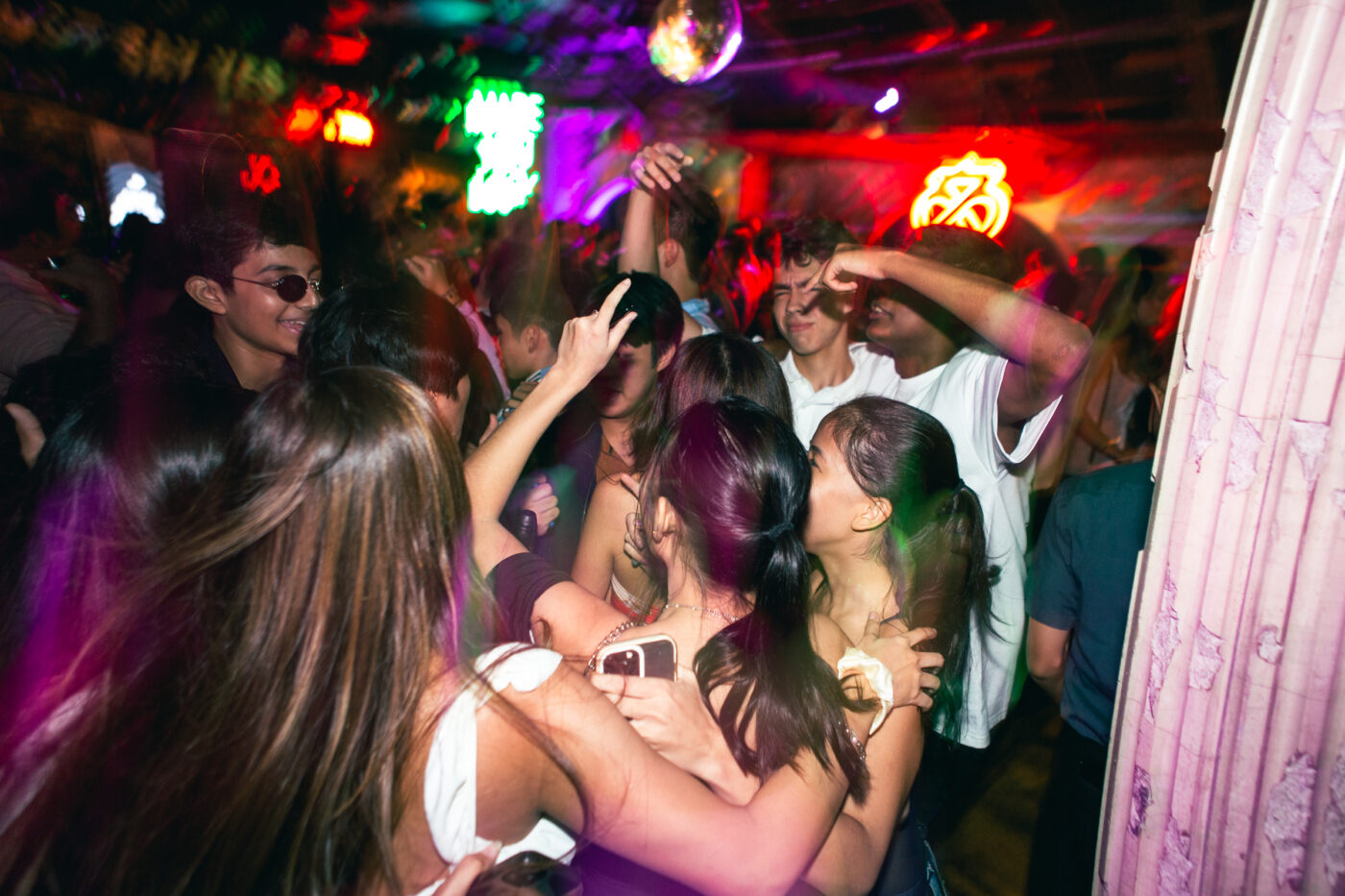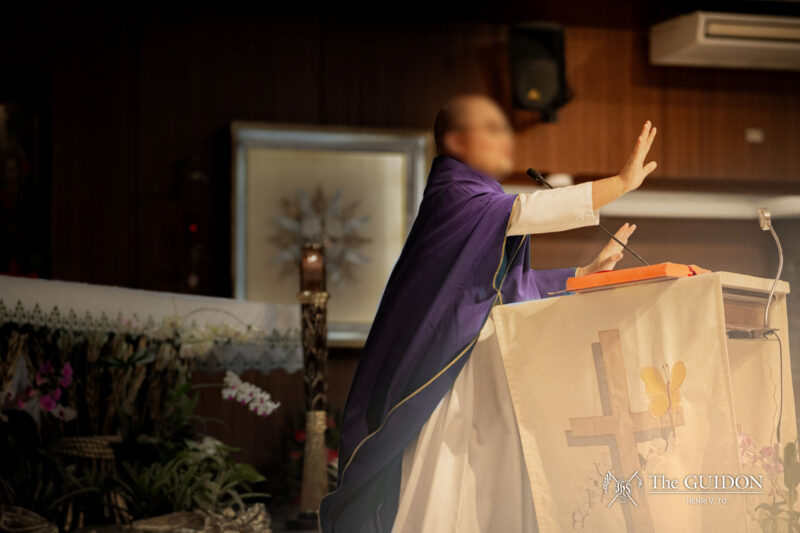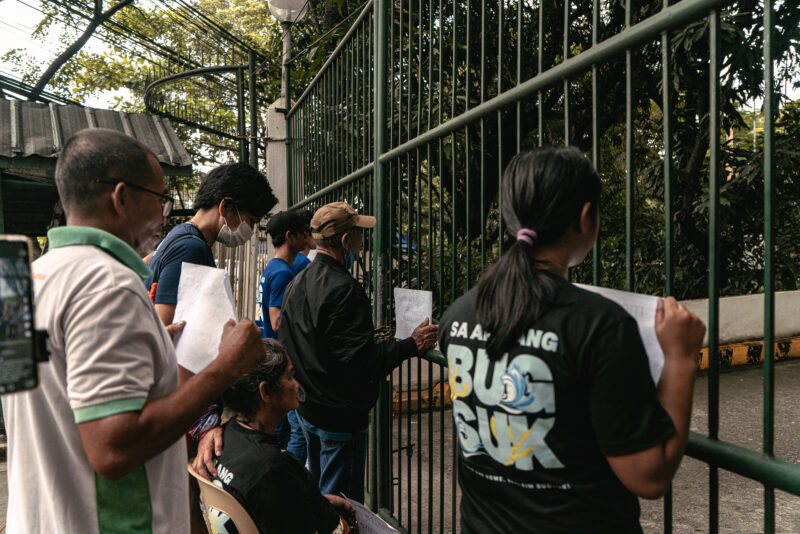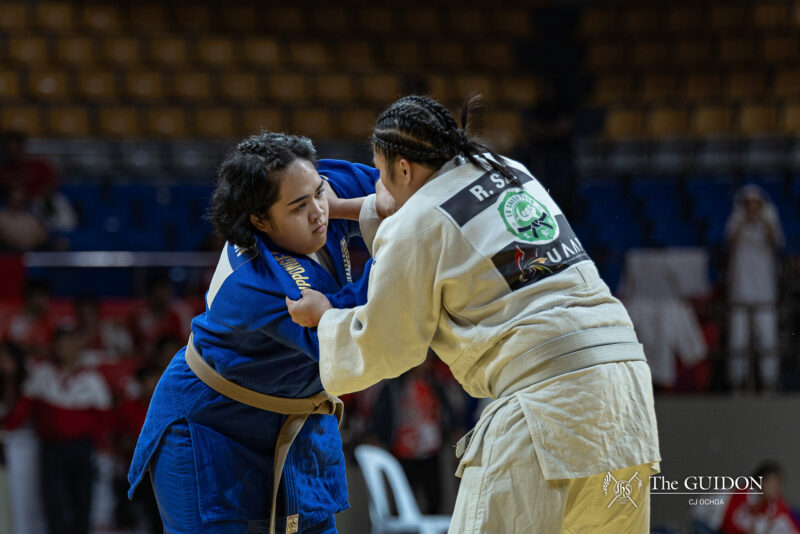Drinking is central to the epic event that is the college experience, useful for understanding one’s self and celebrating one’s individuality.
IT’S FRIDAY evening. The last deadline for the week was finally met, and it is time to celebrate. Here come the Ateneans flocking to bars along Katipunan and the tipsy friends staggering on their barkada’s shoulders—everyone eager to fill the night with college memories to look back on one day.
Jamaal S. Omamalin, LPT, author of the journal article “Tagay ta, Bai!”: The Social Dynamics of Filipino Social Drinking,” cites the impetus behind the ubiquitous college inuman. One, college is very demanding, and alcohol drinking provides an escape from all the academic stress. Two, socialization is essential for adolescents, and drinking helps build relationships. Lastly, drinking provides a sense of liberation from the clutches of the domestic household scene, away from rules imposed by their parents.
For drinkers and non-drinkers alike, such intricacies of university social drinking reveal insights into the notion of the token “college experience.”
Cheer(s) up!
Hoping to make meaning out of the mundane, Omamalin adopted an anthropological view of drinking, inspired by his own drinking experiences during his undergraduate years in Cebu. Together with co-members of the student council, Omamalin frequented the nearest bars at the end of a stressful week.
The tagay or “drinking session” tradition may vary across age profiles, but the dynamics remain the same: There is the tanggero or “gunner” who pours the shots. The rest must then drink up. Unique to university drinking, though, the alcohol for younger individuals is “more exciting,” as they are still open to figuring out their limits and strengths. They may black out one time, but they learn when to step on the brakes the next time around. According to Omamalin, younger generations espouse the ideas of freedom, independence, and emotional expressiveness this way.
At the end of it all, the focus is being part of the tagay session, building each other up instead of minding public perception and cultural adherence. Through vulnerability in their support group, adolescents may become more open to sharing their inner selves, which is a goal among many college students who look forward to finding themselves in this pivotal stage of their lives.
A tale of two parties
As in mainstream coming-of-age media, bars are a hot spot for the exploration of one’s newfound sense of adulthood. Widely believed to be a marker of legality and maturity, drinking encourages many young adults to figuratively and literally try their shot at the university night scene.
Two students that have participated in this culture are Kean Nerecina (2 BS/M AMF) and Phoebe de Leon (2 AB POS-MPM).
Not only a regular partygoer but a party-planner himself, Nerecina has thoroughly learned the ropes of the university drinking scene. He sees this as the ideal setting for forming—and rekindling—connections with other people. With alcohol and company mixed together, drinking becomes a staple to winding down amid commitments in college. “People want to have fun and destress, [and drinking] is super accessible!” he exclaims.
On the other hand, de Leon is a nondrinker by choice and is comfortable with her role as the designated sober friend. However, she is no stranger to the drinking scene, having tried it once with a small group of friends. Dabbling into alcohol to “experiment” with her preferences, she arrived at the conclusion it was not for her. “A lot of my friends drink at night, and I am not really a night-out kind of person, especially if it is spontaneous,” she says.
Aside from helping discover one’s preferences, university drinking exposes larger ideas such as the young adult desire to fit in and its inverse, the fear of missing out. The “token college life” is widely romanticized in popular culture, subjecting many young people to thinking that drinking is the pinnacle of social interactions.
To each their own, as they say—but how easily is that honored in the university drinking scene when the pressure for the perfect college life is at an all-time high?
Worth a shot?
While Nerecina and de Leon have different perspectives on drinking, they believe that the culture around it has a lot to do with the concept of the “ultimate college experience.” With that emerges a certain likelihood of peer pressure, to which both respond with a similar message in mind.
For Nerecina, trying anything and everything could be defined as the “ultimate college experience.” However, he clarifies that you do not have to drink to party, especially when it is influenced by peer pressure. “It is okay to listen to music and just talk to people [during the inuman],” he affirms.
De Leon agrees that the university drinking scene is about the “pursuit of fun or new things.” In college, a big part of this is trying to find what “fun” means because it looks different for everyone, depending on each person’s values, preferences, interests, and dreams. Ultimately, there is no shame in going with or against the Friday night crowd.







